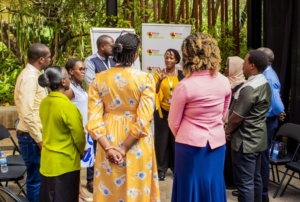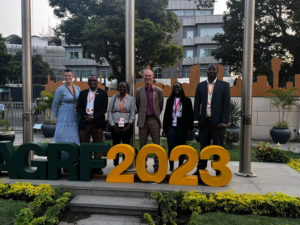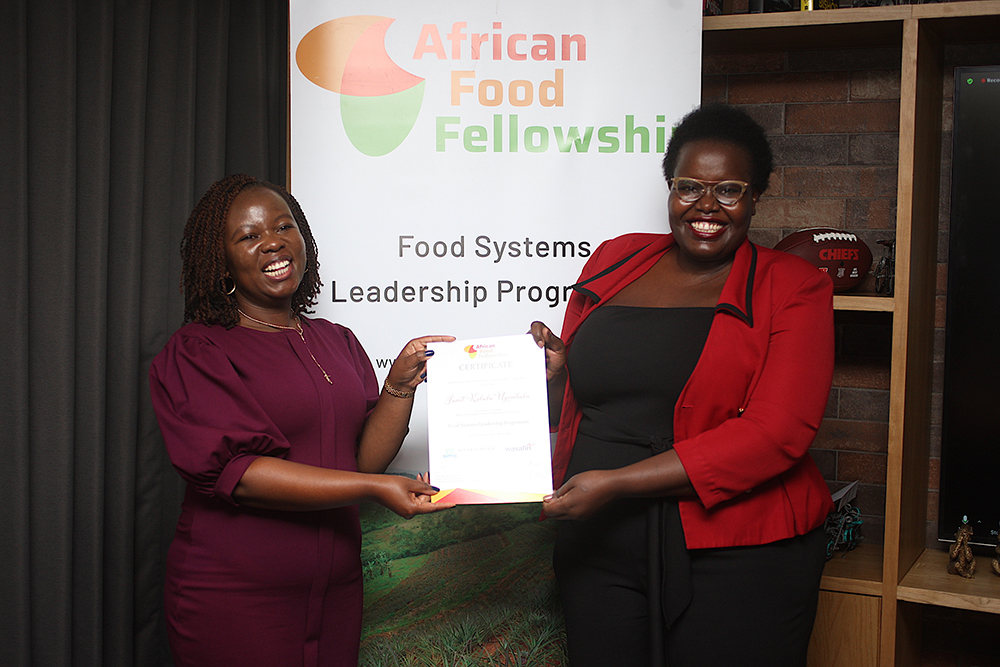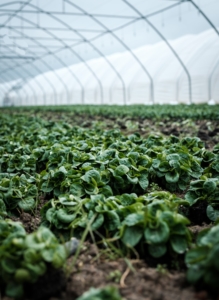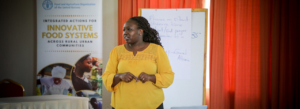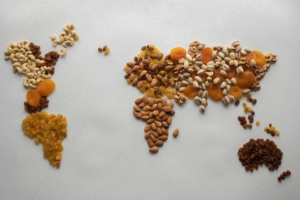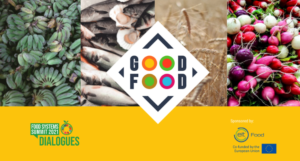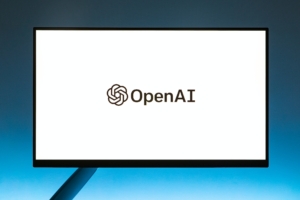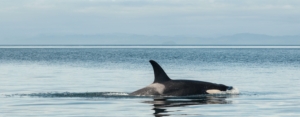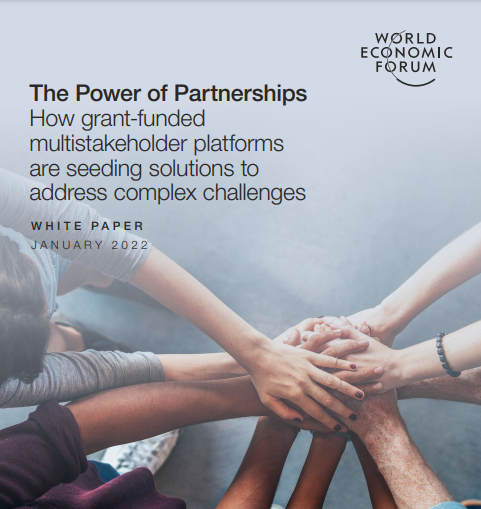Wading into new waters to accelerate ocean-related solutions to climate change at the Blue Climate Summit
Latest posts
Share:
As 70% of the planet, the oceans remain vastly underappreciated in the world’s response to climate change.
The inaugural high-profile Summit taking place on May 14 – 20 2022, is convening leaders, experts, and activists to accelerate twenty projects that offer ocean-related solutions to climate issues.
Together, these projects promise a transformative impact on people, the ocean, and the planet. Many are mutually dependent on each other.
We cannot scale mangrove restoration without functioning carbon markets. The monitoring of deep-sea mining is empty without legal protections for the high seas. Island tourism will struggle to be net-zero without transitioning energy, food, and transport systems.
The Challenges
In recognition of these co-dependencies, the Summit will gather participants around three collective challenges. Each challenge asks how projects might together drive much larger transitions in favour of people, the planet, and the ocean.
- Marine Governance for Healthier Oceans and Communities: How to better monitor and regulate against the unjust exploitation and pollution that damages both ocean health and human health?
- Equitable Blue Carbon Finance: How to accelerate flows of capital into ocean-related mitigation and sequestration while accounting for co-benefits and trade-offs?
- Blue Pathways to Net Zero Islands: How can islands pioneer the transition to net-zero economies?
A Wasafiri first; helping spearhead action on ocean and climate issues
Wasafiri’s own Ian Randall will be providing strategic support as Strategy Lead for the Blue Climate Initiative. Helping to ensure the collaboration across all the projects and partners delivers a greater impact than any could alone.
We are excited to be aboard for this bold journey into a healthier relationship between people, the planet, and the ocean.
Polynesia is a novel context for Wasafiri. Polynesian culture has a profound relationship with the Ocean, relating to it as a relative or ancestor, with all the reverence and respect that this implies. It is a striking contrast to Western culture’s relationship with nature as a resource for exploitation.
Donella Meadows, the matriarch of systems thinking, pushes us to ask deep questions about the mindset or paradigm out of which the system arises.
Listening to Polynesians it is clear we need to go beyond technical solutions to the damage that humans are doing to climate, land, and oceans; and seek a cultural renaissance that reconnects us to our interdependence with natural systems and their fundamental right to exist.
Tahiti may seem a long way to go for a climate conference, but we have so much to learn by being here.
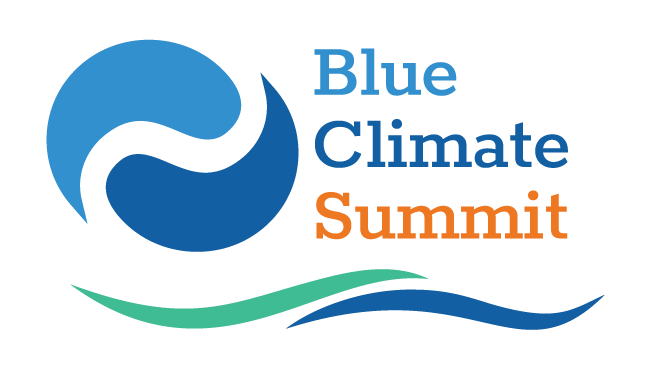
The Summit is a program of the Blue Climate Initiative and is an endorsed action of the United Nations Decade of Ocean Science for Sustainable Development
Images courtesy of Tetiaroa Society/Blue Climate Initiative



